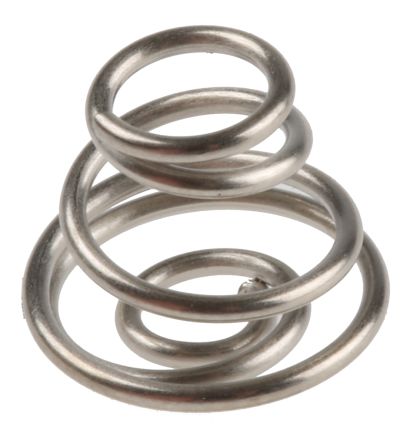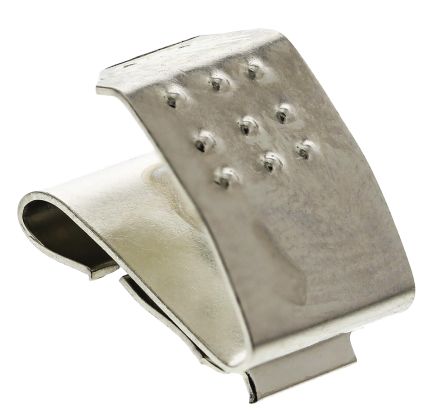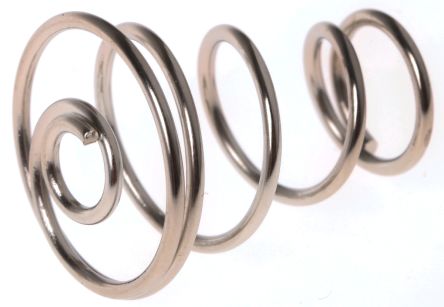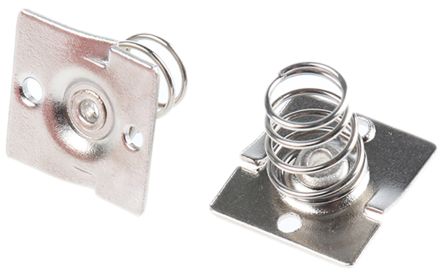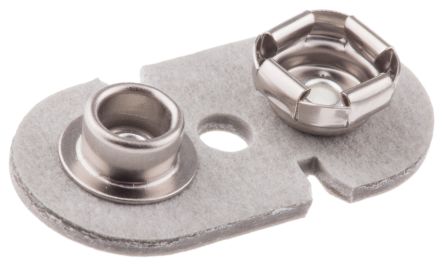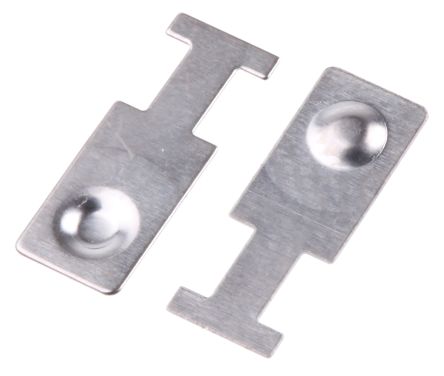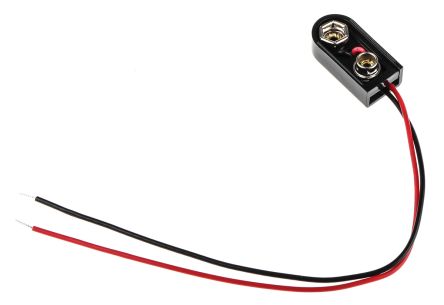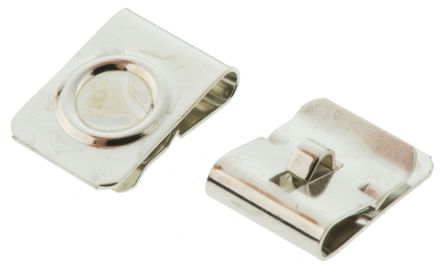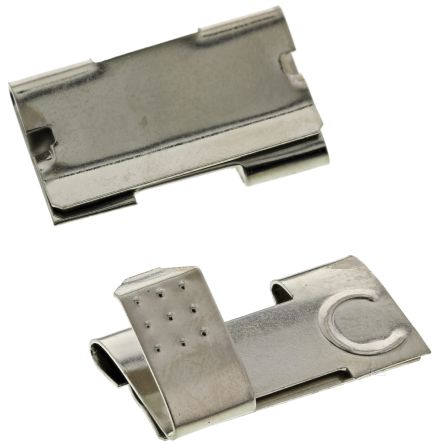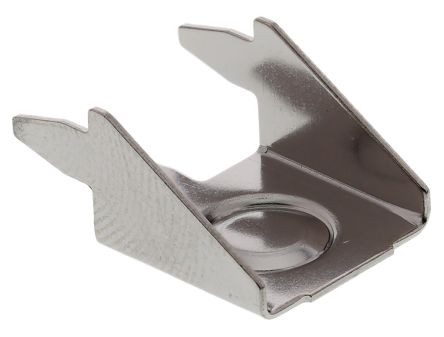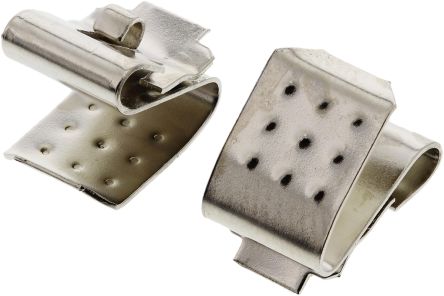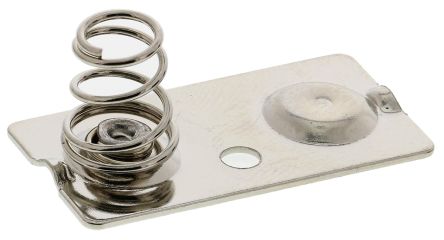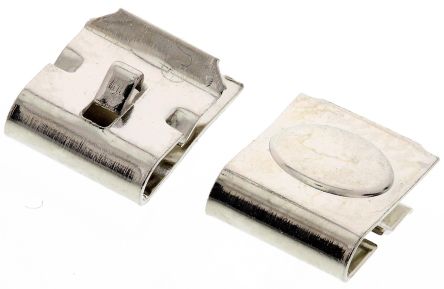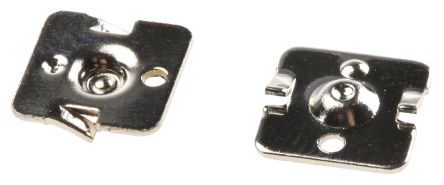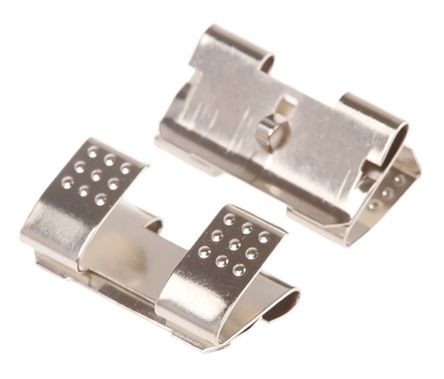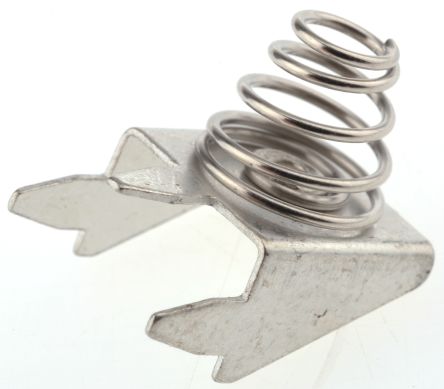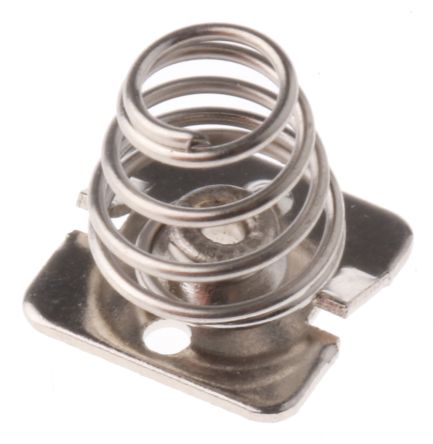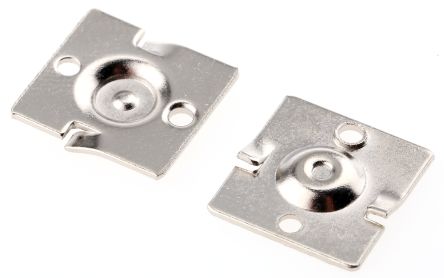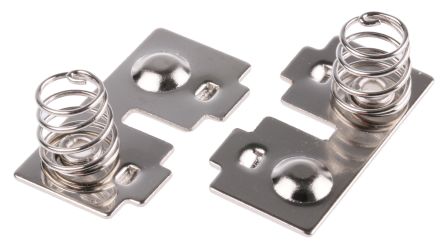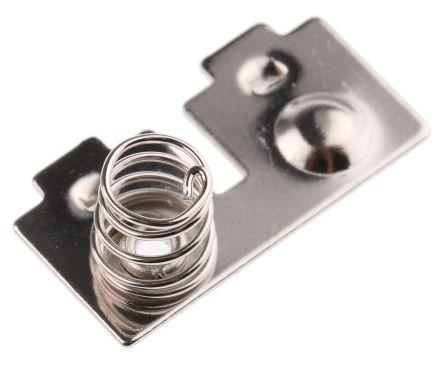- Automation & Control Gear
- Cables & Wires
- Enclosures & Server Racks
- Fuses & Circuit Breakers
- HVAC, Fans & Thermal Management
- Lighting
- Relays & Signal Conditioning
- Switches
- Batteries & Chargers
- Connectors
- Displays & Optoelectronics
- ESD Control, Cleanroom & PCB Prototyping
- Passive Components
- Power Supplies & Transformers
- Raspberry Pi, Arduino, ROCK, STEM Education & Development Tools
- Semiconductors
Keystone Battery Contacts
Batteries have a positive and negative end that need connecting to an electrical circuit. In cylindrical batteries, the positive end consists of a small projection whilst the negative end has a flat base. Both ends of the battery need to mate with contacts, which are metal strips or springs that are found in battery holders or compartments. The battery contacts are connected by wire leads to the electrical circuitry within the device, so that when the terminals press against them, an electrical connection is made.
What do battery contacts look like?
The most common types of terminal found in battery holders are coiled springs or spring contacts and flat tab contacts. Sometimes a battery is wired directly to a device rather than inserted into a holder. For these applications battery contacts are available which are designed for soldering directly onto the PCB. Once the contact is soldered onto the PCB the battery is then connected directly on to it.
Battery contacts can have a fixed or flexible design. Flexible contacts such as leaf spring contacts have a rugged design and allow for the slight expansion of the battery on discharge and for any other battery movement that may be caused by shock and vibration. This feature enables a reliable connection to be maintained as well as being able to accommodate a range of battery lengths.
When are battery contacts used?
Battery contacts are designed for use with a wide range of battery sizes and are available as single contacts for use with single batteries or double contacts for two batteries. Battery straps with snap-on press stud contacts are specially designed for use with 9V PP3 batteries. Battery contacts are made from different materials with a range of plating materials, expanding their suitability across many industries and applications.
